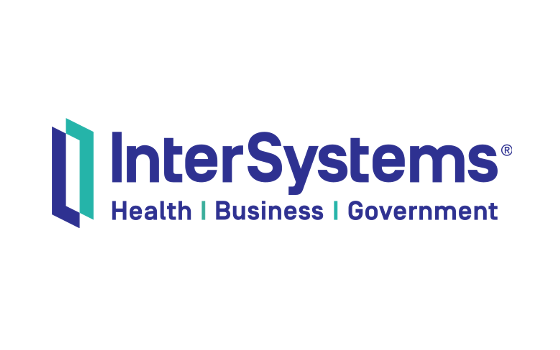 The London-wide service by Coordinate My Care powered by InterSystems HealthShare® has been highly commended in the medical software, systems and technology category at this year’s HSJ Partnership Awards, which celebrated successes in the NHS.
The London-wide service by Coordinate My Care powered by InterSystems HealthShare® has been highly commended in the medical software, systems and technology category at this year’s HSJ Partnership Awards, which celebrated successes in the NHS.
The Coordinate My Care (CMC) service gives thousands of patients greater power to let healthcare professionals know about their urgent and end-of-life care wishes. The program enables users to create an online urgent care plan which enables patients to specify the treatment they want, where, and when they want it. General Practitioners (GPs), hospitals, ambulance crews, 111 providers, care homes, hospices and out-of-hours services can access this information, alongside essential clinical details, so they can provide care in line with patients' requests. The scalable service is helping to cut inappropriate hospital admissions and reduce the stress on patients and their loved ones - providing simple, yet secure access to vital information to authorised care providers.
Now delivering an annual saving of over £16.8m, CMC is transforming how those with urgent care plan requirements are looked after. Across the country, 47% of deaths occur in hospital[1]; yet 70 percent of people say they would prefer to die at home[2]. For patients with a CMC plan, only 19 percent die in hospital. An independent economic study found that the mean number of A&E attendances was 1.2 for CMC patients, and 1.5-1.9 for non-CMC patients in the 6 months prior to death.
Professor Julia Riley, CMC clinical lead, said: "With well over 65,000 CMC plans in place, we are helping NHS and care providers deliver the care patients want to receive at a crucial point of their life. Thanks to the clinical team behind the service, and the technology underpinning it, we are seeing more patients having their wishes respected."
The system is built on InterSystems' suite of connected health solutions, HealthShare, which is recognised as one of the most advanced and interoperable platforms in use across global health and care systems. HealthShare enables organisations to pull together social and clinical care information into a unified patient record.
David Hancock, InterSystems client engagement director, said: "The Coordinate My Care system makes it simple to record and share in real-time medical details, treatment wishes and advance care plans for thousands of patients across London. It is also backed up with extensive security and access controls, so patients have control over which professionals can see their information. With the support of CMC and London's health community, we have come together to develop a digitally-enabled clinical service that is making a lasting difference to people across the capital, and which could help the wider NHS as well."
Judges for the HSJ Partnership Awards were looking for innovations in digital health technology that could demonstrate results for patients, staff and NHS organisations.
About Coordinate My Care
Coordinate My Care is a pan-London clinical service, created by NHS doctors and nurses for NHS patients, that is helping to empower patients by respecting their wishes and preferences and helping to reduce unnecessary hospital admissions for patients with chronic and terminal conditions.CMC is the first truly multidisciplinary care digital urgent care plan where health and social care staff can create and edit plans in all settings including hospital, hospice, community and GP surgeries.
CMC can be initiated by clinicians who know the patient and can now also be started by the patient at home going online to www.coordinatemycare.co.uk. The plan is then approved and it becomes immediately accessible to all urgent care providers such as the ambulance service, 111, out of hours GPs and the emergency departments.
This is transforming urgent and emergency care by digitally sharing the CMC urgent care plan and treatment preferences for a person’s clinical care in a future emergency when they may be unable to make or express choices.
Developed by the NHS and with widespread clinical and commissioner support, and adhering to national and local standards, CMC provides patient information and preferences across all relevant care providers, in ways that best meets their needs.
CMC is an NHS service built on InterSystems’ HealthShare platform, which is one of the most advanced and interoperable platforms in use in global healthcare systems.
Supported by a fully trained community of health and social care professionals, and robust, interoperable technology, CMC is the most reliable and well-developed clinical information sharing service for urgent and emergency care in the country.
About InterSystems
InterSystems is the engine behind the world's most important applications. In healthcare, finance, government, and other sectors where lives and livelihoods are at stake, InterSystems is the power behind what mattersTM. Founded in 1978, InterSystems is a privately held company headquartered in Cambridge, Massachusetts (USA), with offices worldwide, and its software products are used daily by millions of people in more than 80 countries.